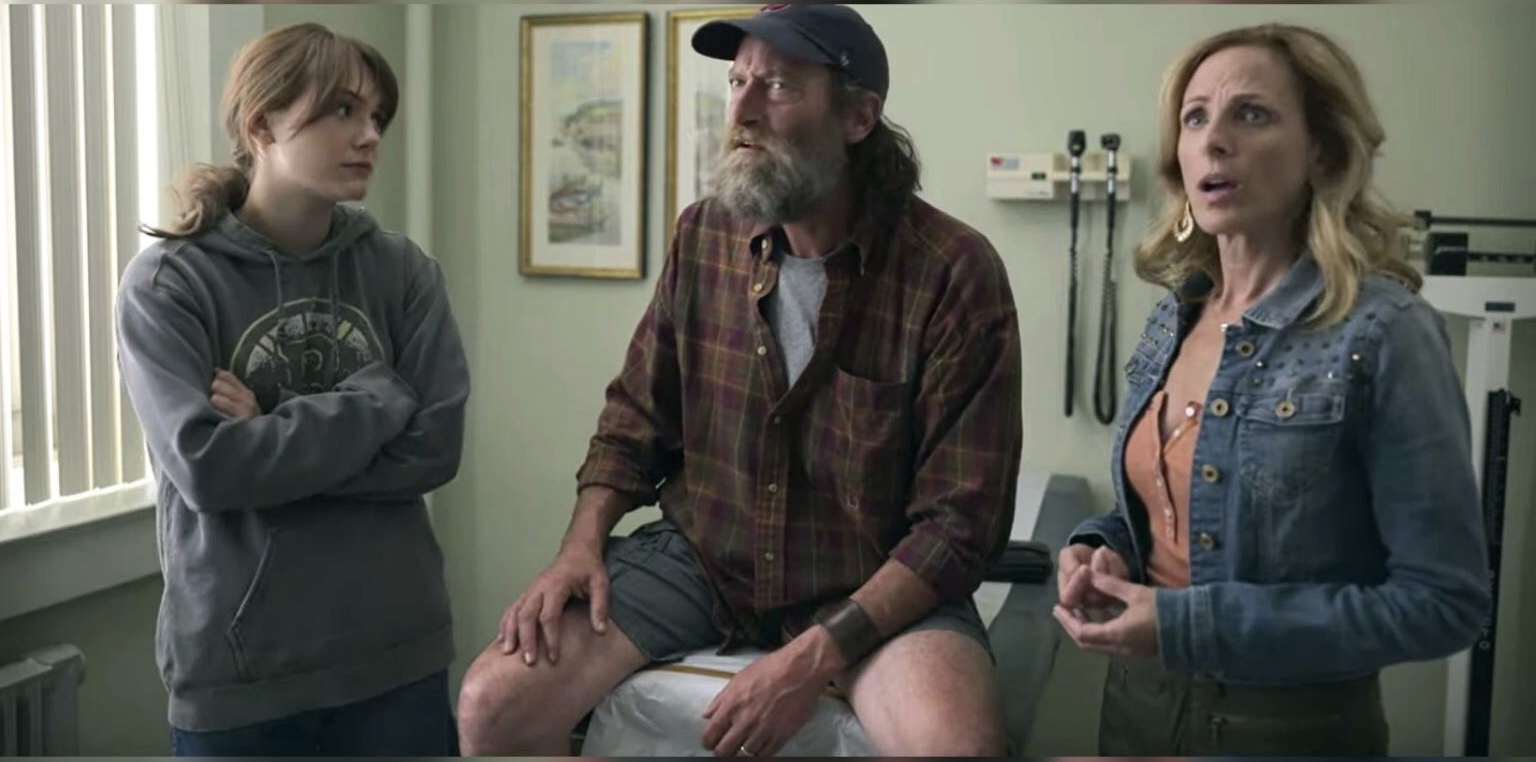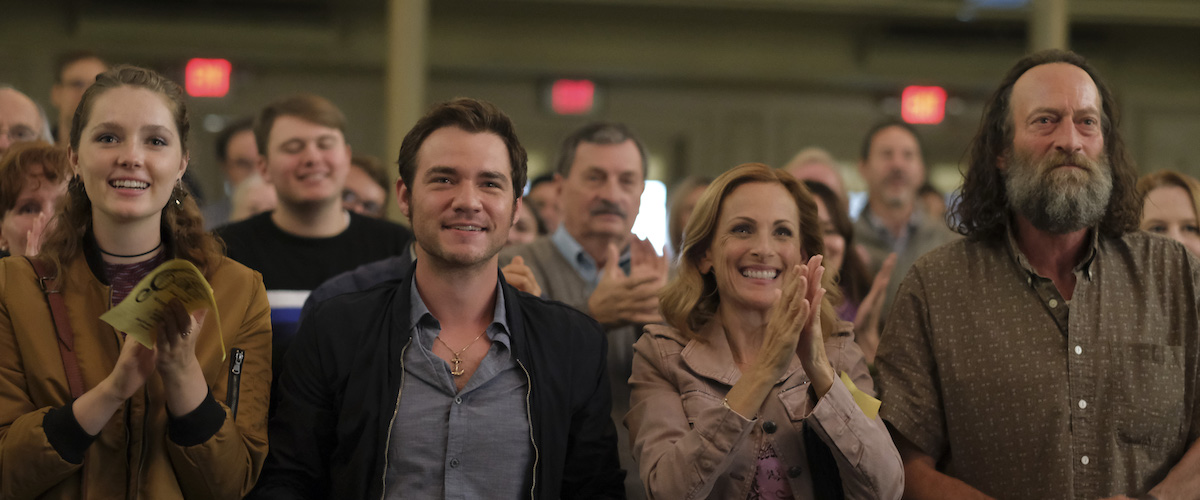We asked Irina Drytchak from Sign For All to write a review of the film CODA for us, as a Child Of Deaf Adult herself.
There have been many reviews of the new film ‘CODA’ (2021) from which it has been interesting to gauge people's thoughts and feelings. I felt the film highlighted some really important aspects of what it is like to be a Child of Deaf Adults (CODA), such as being called upon to interpret at medical appointments, feeling frustrated and embarrassed as a child attending mainstream school due to other people’s mocking or ignorant behaviour towards deaf parents.
There were a few scenarios which reminded me of my own experiences growing up as a CODA and it really struck a chord with me: as CODAs we tend to hold all of the responsibility of our parents as access is not always provided. This theme was highlighted throughout the film, for example, the scene where the father and brother lose their licence as there was no communication support and they both take their frustrations out on Ruby. The responsibility is felt by her but unintentionally so. As a CODA myself, at times I have felt like an interpreter for my parents and the responsibility that this carries - especially in situations where there is a problem - can be immense. If there is better access for the deaf community then deaf parents can access information and feel confident and aware without needing to rely on their hearing children in this way.
Another example of the lack of access for Ruby’s parents is at the school concert; they don’t understand what is happening as there is no interpreter provided. As a result, they start talking about other subjects or taking cues from others; clapping when everyone else does but not really understanding why. I thought it powerful that this lack of access was shown from the deaf person’s perspective too for example when there is a moment of no sound during the concert; this gives hearing audiences some awareness of what Ruby’s father is experiencing as a deaf person.
The family dynamics were also powerfully portrayed; Ruby’s brother trying to demonstrate his independence and not wanting to feel patronised, and I understood the emotions of the parents and their fear of letting Ruby go and pursue her dreams. Obviously they deeply love their daughter and their fear of her leaving is not borne out of their dependence on her – rather it is the same as it would be for any parent in that situation. The mother daughter relationship was portrayed well throughout the film; especially the mother’s fear in not connecting fully with her daughter because her daughter is hearing, perhaps more poignant as her relationship with her own mother had not been great. I was extremely pleased to see Ruby signing the song at the end; I found this very emotional as she made the song accessible for her family and it helped build her confidence in singing.
Whilst this film has highlighted some of the major struggles within CODA families, it is important to remember not all CODAs are the same; some are very involved in the deaf world and some are not. Some are fluent in sign language and others are not, again depending on individual families and the cultures within those families. Whilst there is heartache and struggles there is often a connection that is wonderful and rich. The film portrayed all of these elements in a heartfelt yet, at times, comical way. It was a real eye opener hopefully to many and will go a long way to raise much needed deaf awareness to hearing audiences.
As part of Film Feels Hopeful, Irina presented a special screening of CODA at Showroom Cinema Sheffield on Friday 13 August 2021. The screening included a special pre-recorded poetry performance by Irina. After the screening, there was a pre-recorded Q&A with CODA director Siân Heder, and the four cast members of the fictional Rossi family, Marlee Matlin, Emilia Jones, Troy Kotsur and Daniel Durant.
CODA: Film Review
Irina Drytchak //


